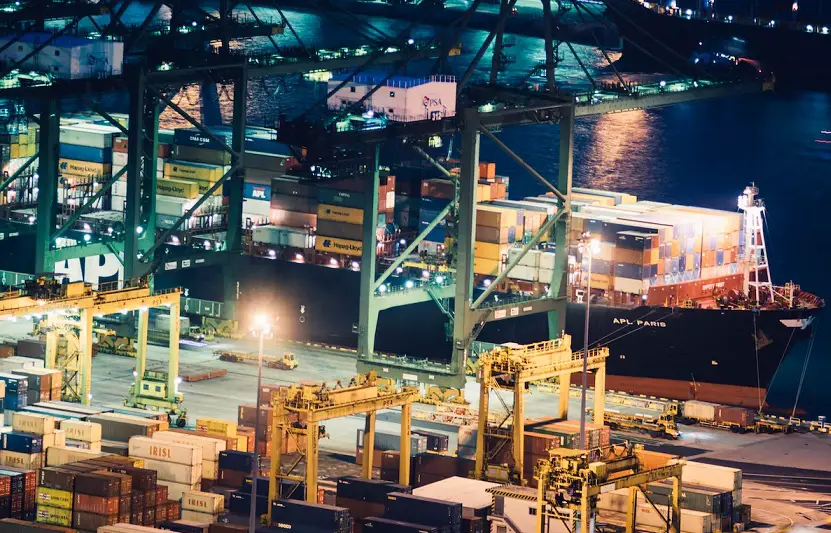On Saturday, Türkiye’s Anadolu news agency reported that according to Türkiye’s Foreign Minister Hakan Fidan, the UN has a new plan to revive the expired Black Sea grain deal which will include reconnecting Russia’s agricultural lender Rosselkhozbank to the SWIFT interbank messaging system.
The plan will also unfreeze the assets of Russian fertilizer producers which had been frozen in the EU, according to the reports. Fidan said that both aspects of the potential deal were arrived at through Turkish mediation and would “constitute a suitable basis for the revival of the deal.”
However despite the Turkish optimism, on her telegram channel, Russian Foreign Ministry spokeswoman Maria Zakharova wrote that it was her expectation the “new” proposals would not ultimately lead to a renewal of the deal.
She wrote, “The new package of UN proposals on the grain deal implies reconnecting Rosselkhozbank to SWIFT and unfreezing the assets of Russian companies… This was all ‘implied’ before, only it never worked.”
UN Secretary General Antonio Guterres said earlier in the week that he had delivered “a set of concrete proposals” in a letter to Russian Foreign Minister Sergei Lavrov which had been intended to restart the grain deal. Although he had not laid out any specifics in his statement, he said the goal was “to allow for more effective access of Russian food and fertilizers to global markets at adequate prices.”
However Reuters reported that a Russian diplomat close to Lavrov had said that “there are no revelations” in the letter, and it merely “summed up previous UN ideas, which didn’t fly.”
In mid-July, Russia ended the Black Sea Grain Initiative, which had been brokered by Türkiye and the UN last year. It was designed to allow Ukrainian grain to reach world markets during the military conflict in Ukraine, while easing the effects of sanctions which had been designed to restrict the ability of Russian agricultural exports to reach global markets.
Despite the design of the deal, Moscow complained bitterly that the provisions of the deal which were designed to facilitate its trade remained unfulfilled, even as Ukrainian exports which were supposed to be delivered to ease food shortages in regions such as Africa, were instead diverted to more profitable markets in Europe.
For weeks, Ankara has sought to revive the grain deal, making the case that it could even function as the first step in creating a truce, or even a more permanent peace deal between Kiev and Moscow. Currently, Russian President Vladimir Putin, and Turkish President Recep Tayyip Erdogan are scheduled to hold discussions on the grain deal at a meeting in the city of Sochi in Russia, on September 4th.


